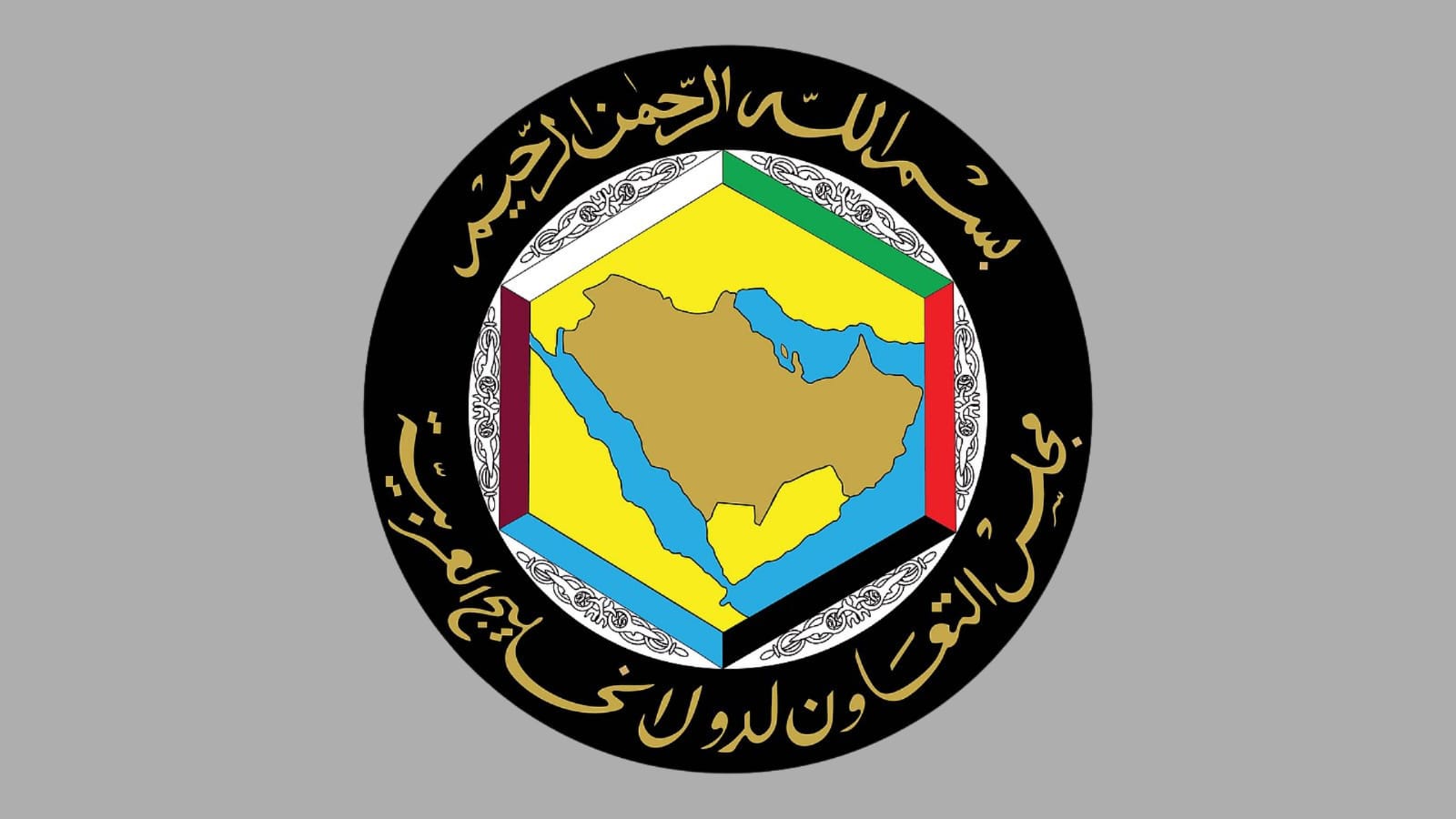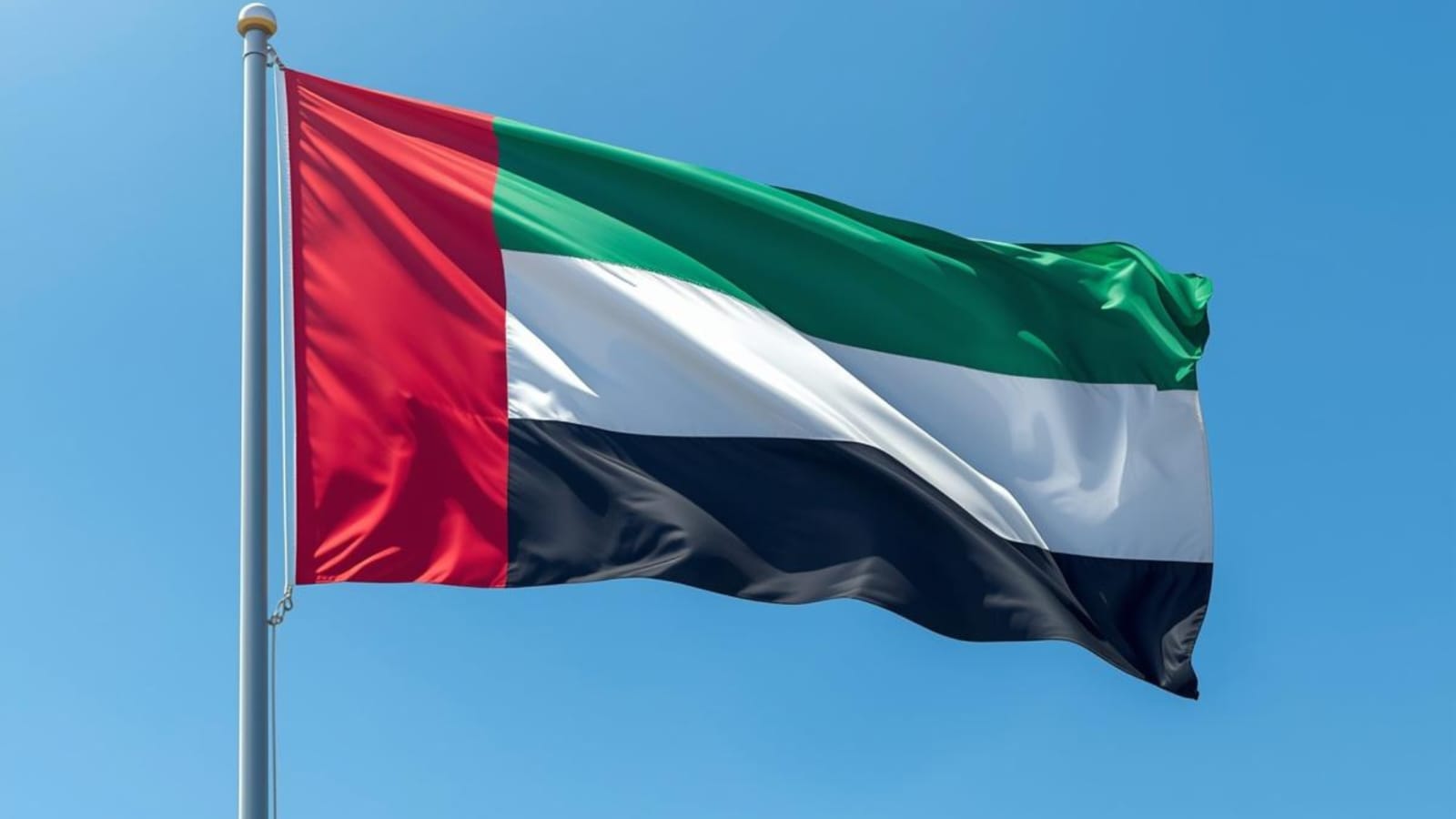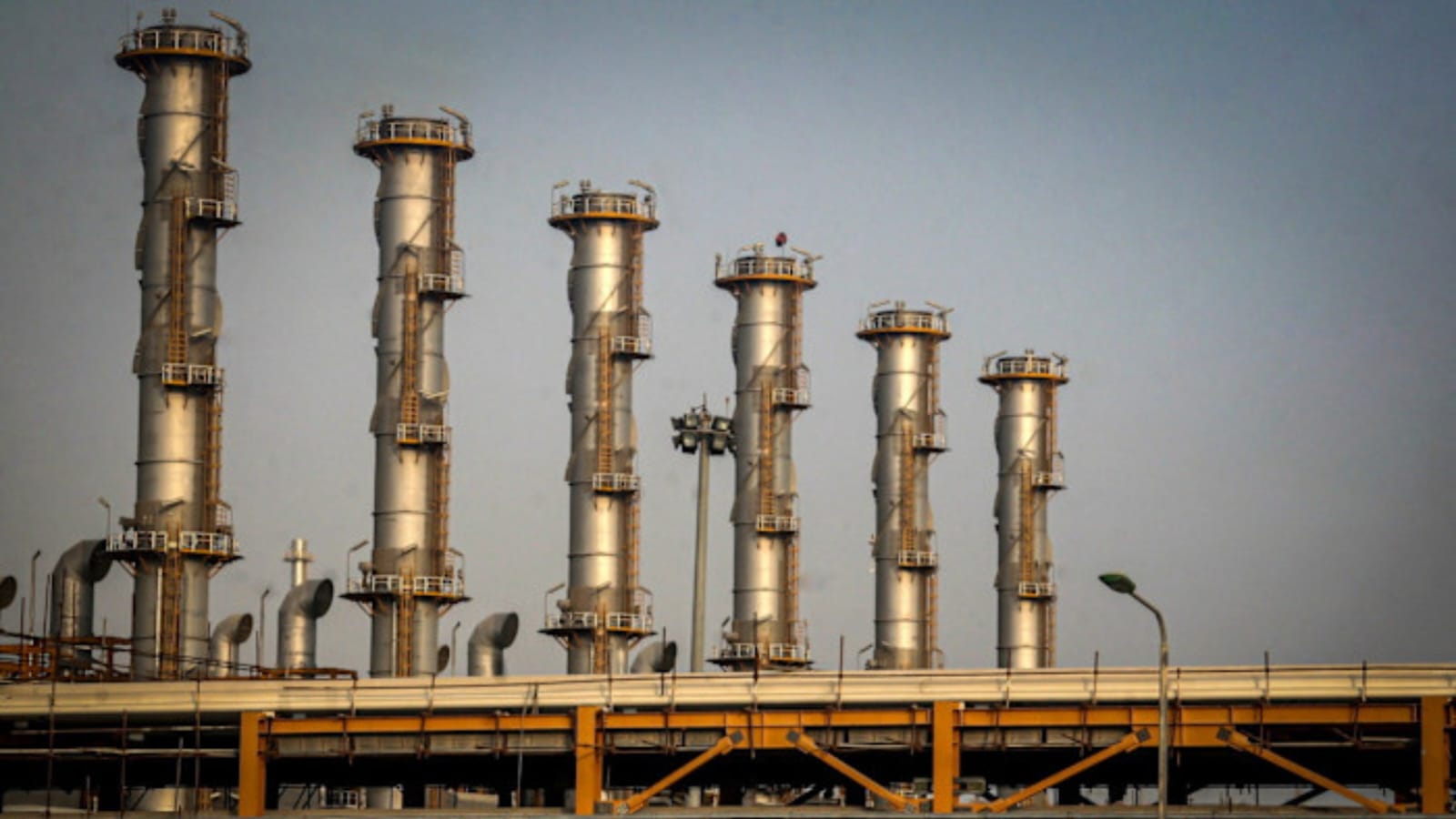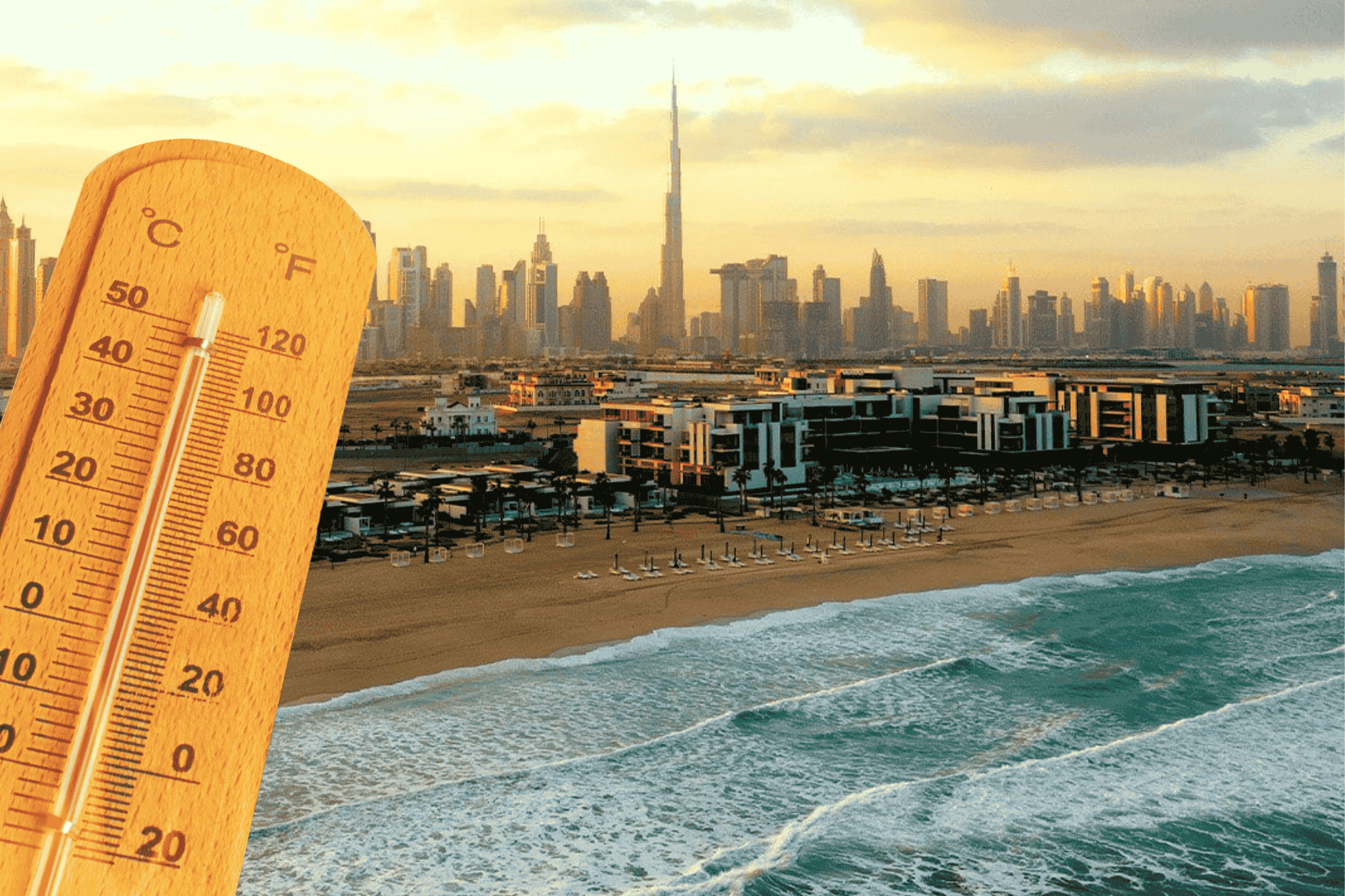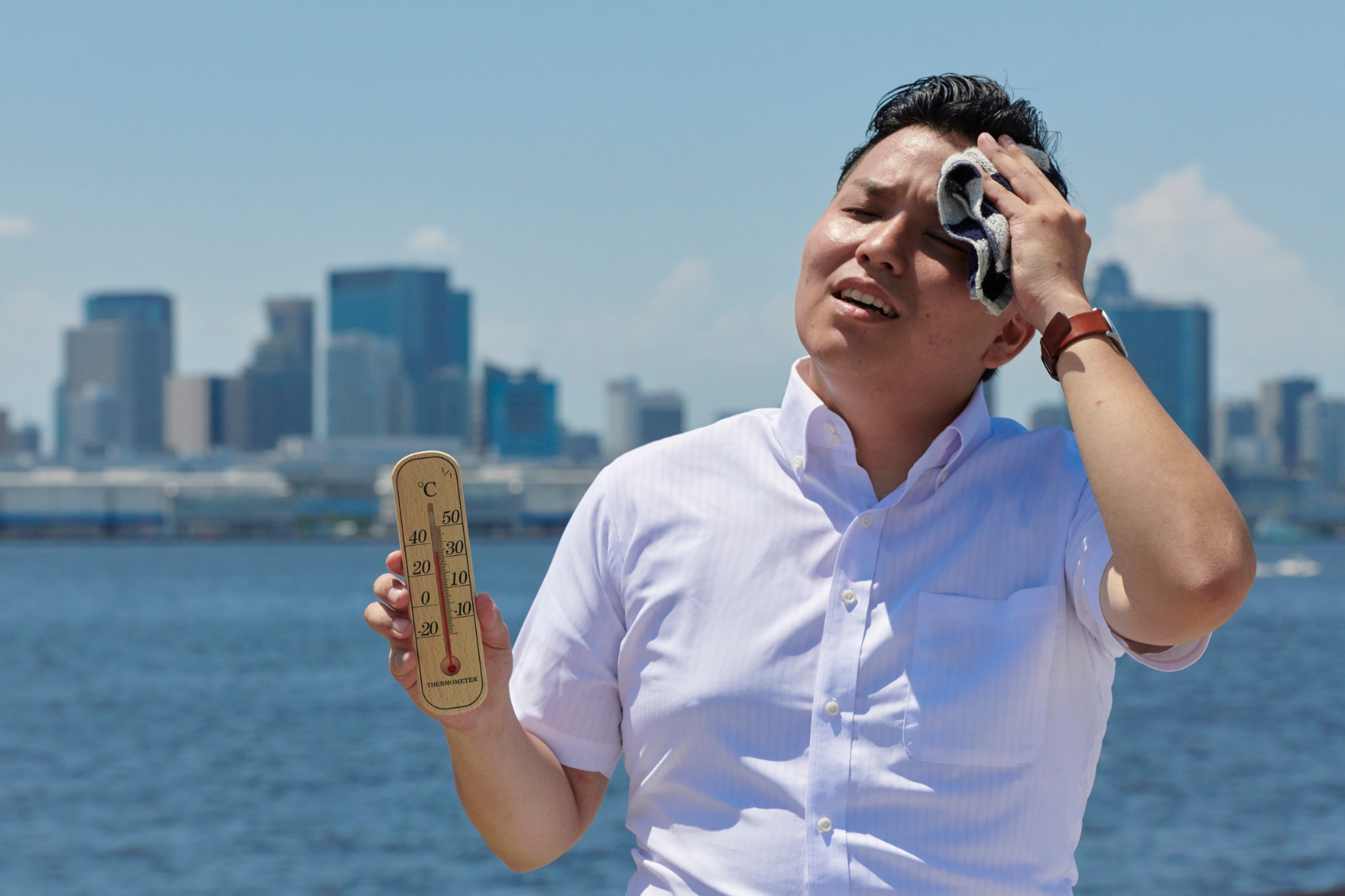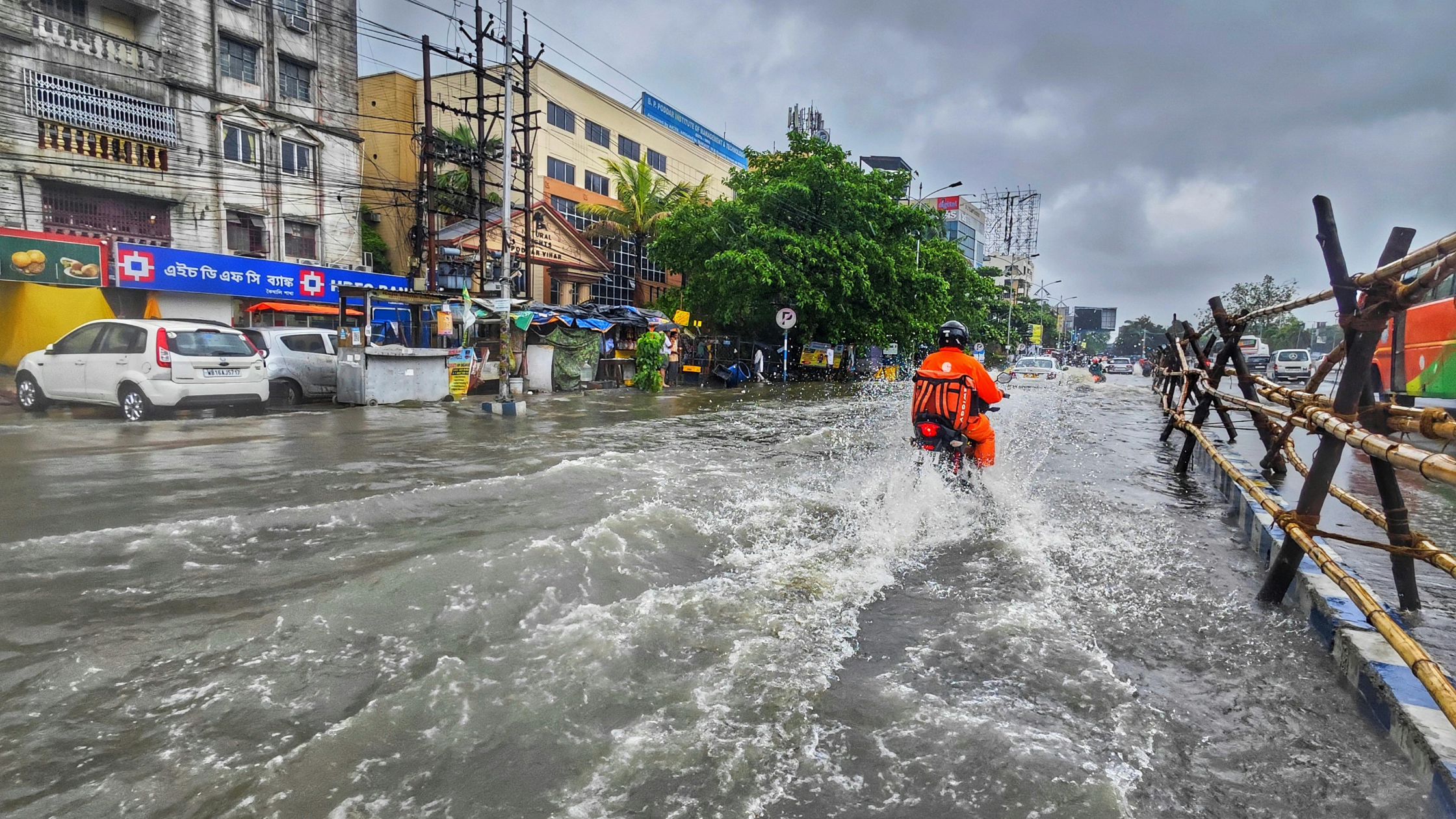UAE Heatwave: Stay Safe in Dubai and Abu Dhabi’s Scorching Heat
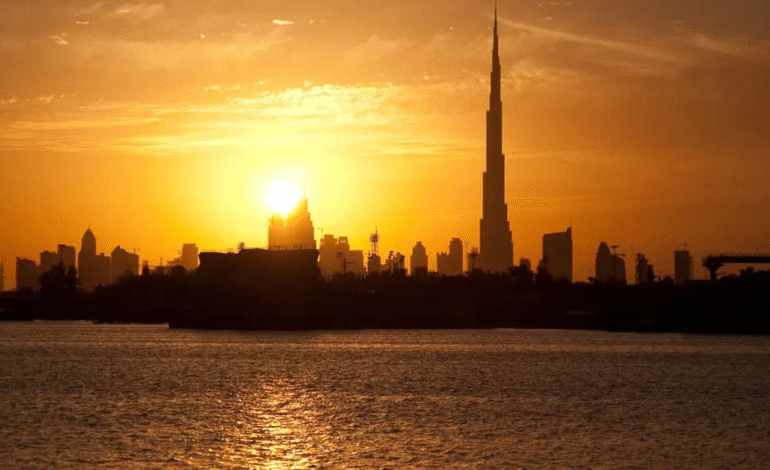
The United Arab Emirates (UAE) is battling a fierce heatwave. Blazing temperatures and hazy sunshine make daily life tough. Cities like Dubai and Abu Dhabi are feeling the scorching heat, with temperatures climbing to dangerous levels. The National Center of Meteorology (NCM) warns of dehydration and heatstroke risks. This article explains the hot weather, safety tips, and forecasts for the UAE in simple terms to keep you informed and safe.
UAE Weather: Very Hot Days Ahead
The UAE is facing extremely hot weather. In Dubai, AccuWeather reports a high of 42°C with hazy sunshine. Right now, it’s about 35°C, but the humid air makes it feel hotter. At night, it won’t cool down much, staying around 34°C with cloudy skies.
Abu Dhabi is even hotter, hitting 45°C during the day. The NCM has warned about heatstroke from staying in the sun too long. Currently, the capital is under bright sunshine at 37°C. Tonight, expect partly cloudy skies with temperatures around 34°C. The humid weather makes it tough to stay comfortable.
The NCM says the UAE will have fair to partly cloudy weather today. In the eastern and southern areas, clouds might form and bring light rain this afternoon. But the main concern is the intense heat and dusty winds affecting the country.
Temperature Across the UAE
The UAE has different temperature ranges depending on the area:
- Desert areas: These are the hottest, with temperatures between 43°C and 48°C. The dry desert feels like an oven.
- Coastal areas and islands: Places like Dubai and Abu Dhabi see 40°C to 45°C. The humid air makes it feel worse.
- Mountain areas: The Hajar Mountains are cooler, with 32°C to 38°C, but still very warm.
These high temperatures mean everyone needs to be careful to stay safe.
Winds and Sea: Dusty and Windy Conditions
The NCM says light to moderate winds will blow across the UAE. Sometimes, winds can get strong, especially with clouds, reaching speeds of 40 km/h. This can stir up dust in the southeastern and northeastern areas, making it hard to see and breathe.
The Arabian Gulf and Oman Sea have calm waters, so boats and ships face no major issues. But the dusty winds and hot weather make it tough to be outside.
Health Risks and Easy Safety Tips
The extreme heat can cause health problems like dehydration, heat exhaustion, or heatstroke. Being in the sun too long can make you feel dizzy, sick, or faint. The NCM and authorities suggest these simple tips:
- Drink water: Keep sipping water all day, even if you’re not thirsty. Avoid soda or coffee, as they can dry you out.
- Stay out of the sun: Avoid being outside from 10 AM to 4 PM, the hottest time. If you must go out, find shade and wear light clothes.
- Use sunscreen: Put on sunscreen to protect your skin from the sun’s rays.
- Check on others: Kids, older people, and those with health issues are at higher risk. Make sure they stay cool and hydrated.
- Cool down: Use air conditioning, take cool showers, or use a wet cloth to stay cool.
Following these tips can help you avoid heat-related problems in Dubai and Abu Dhabi.
How the Heat Affects Daily Life
The UAE heatwave changes how people live and work. Outdoor workers, like those in construction, face big risks. Many companies now give midday breaks to keep workers safe, as required by UAE laws.
Tourism is also affected. Visitors to places like Burj Khalifa in Dubai or Sheikh Zayed Grand Mosque in Abu Dhabi may avoid outdoor activities. Instead, they visit indoor places like Dubai Mall or Louvre Abu Dhabi to stay cool.
Farming is harder too. The hot weather stresses crops and animals. Farmers use smart methods like hydroponics or greenhouses to grow food in the heat.
Tips to Stay Safe and Comfortable
Whether you live in the UAE or are visiting, here are easy ways to handle the heatwave:
- Stay indoors: Visit indoor spots like Dubai Aquarium, Museum of the Future, or Yas Mall in Abu Dhabi during the hottest hours.
- Wear light clothes: Choose cotton or linen clothes in light colors to stay cooler.
- Carry water: Always have a water bottle with you to stay hydrated.
- Check weather apps: Use apps like AccuWeather or the NCM app to track temperature and humidity.
- Know heatstroke signs: If you feel confused, have a fast heartbeat, or faint, get medical help right away.
These tips make it easier to stay safe during the UAE heatwave.
Climate Changes in the UAE and Middle East
The extreme heat is part of bigger climate changes in the Middle East. The region is getting hotter faster than other places due to global warming. Heatwaves are becoming more common and stronger.
The UAE is working on green solutions to fight this. Projects like Masdar City in Abu Dhabi and Dubai’s Clean Energy Strategy focus on renewable energy to reduce harm to the environment. These steps help protect the UAE from extreme weather in the future.
What’s Next for UAE Weather
The NCM says the hot and humid weather will continue for the next few days. Temperatures will stay in the 40s in most areas. Partly cloudy skies are expected, with a chance of light rain in the eastern areas. Keep checking weather updates and follow safety tips to stay safe.
Stay Cool and Safe in the UAE
The UAE heatwave is a big challenge, with Dubai and Abu Dhabi facing very high temperatures and hazy sunshine. To stay safe, drink water, avoid the sun, and plan indoor activities. Use weather apps like AccuWeather or the NCM app to stay updated. For more tips on handling UAE weather and exploring the Middle East, check out hammermindset.com.

